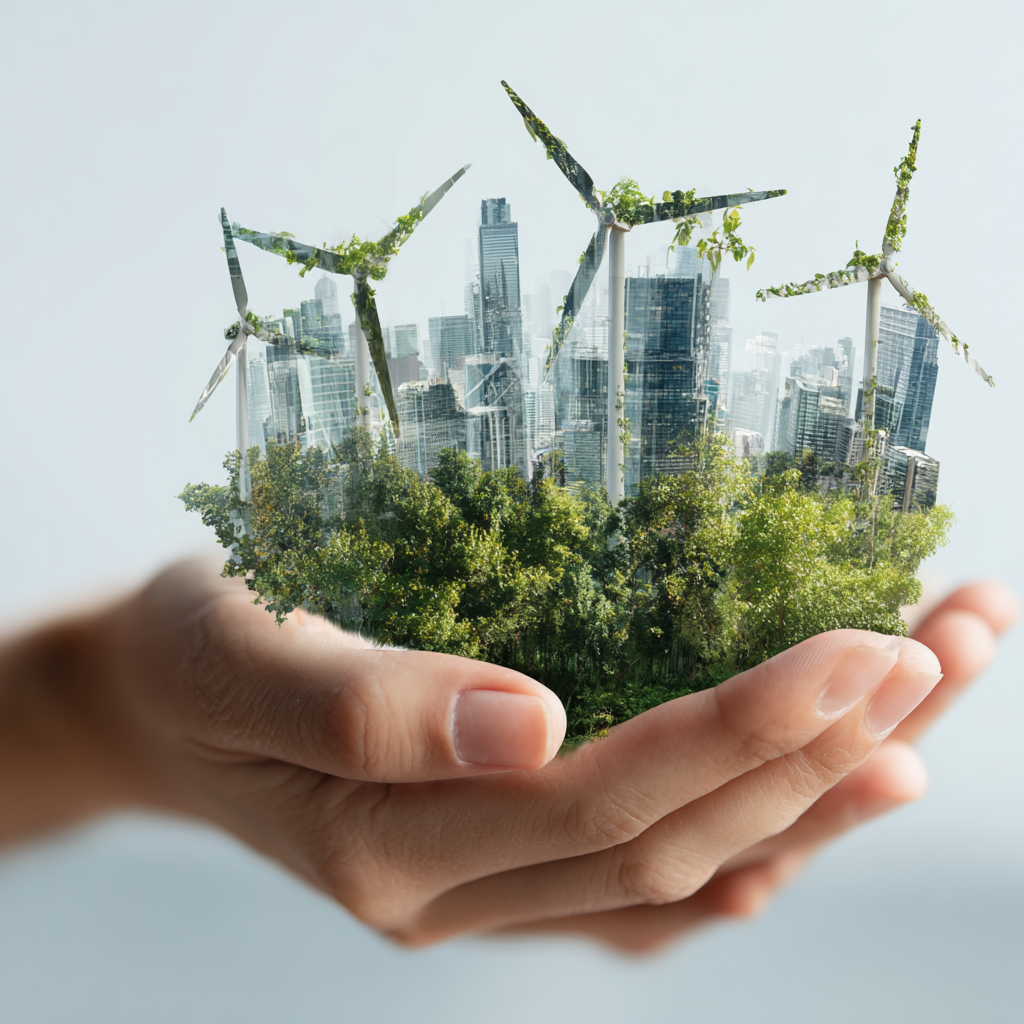Balancing Innovation and Environmental Impact
In the 21st century, technology stands as a double-edged sword in the quest for sustainable development. On one hand, innovative technologies offer unprecedented opportunities to address environmental challenges, improve resource efficiency, and enhance quality of life. On the other, they can contribute to environmental degradation, resource depletion, and social inequalities if not managed responsibly.
This blog post explores the complex relationship between technology and sustainable development, highlighting how innovation can be harnessed to create a sustainable future while carefully balancing its environmental impact.
Understanding Sustainable Development and Technology
What Is Sustainable Development?
Sustainable development is defined by the United Nations as development that meets the needs of the present without compromising the ability of future generations to meet their own needs. It integrates three core pillars:
• Environmental protection
• Social equity
• Economic growth
The Role of Technology
Technology encompasses tools, systems, and processes that improve human capabilities. In sustainable development, technology can:
• Enhance energy efficiency and renewable energy generation.
• Improve water and waste management.
• Support sustainable agriculture.
• Enable smart cities and transportation.
• Facilitate data collection and decision-making.
Positive Contributions of Technology to Sustainability
1. Renewable Energy Technologies
Advancements in solar, wind, hydro, and geothermal technologies have made clean energy more affordable and accessible, reducing dependency on fossil fuels and lowering greenhouse gas emissions.
2. Energy Efficiency Innovations
Smart grids, LED lighting, and energy-efficient appliances optimize energy use, reducing waste and costs.
3. Precision Agriculture
Technologies like drones, sensors, and AI enable farmers to optimize water, fertilizer, and pesticide use, boosting yields while minimizing environmental harm.
4. Water Management
Smart irrigation, water recycling, and desalination technologies improve water availability and quality, crucial for sustainable development.
5. Waste Reduction and Recycling
Innovative recycling methods, waste-to-energy technologies, and biodegradable materials help manage waste sustainably.
6. Digital Tools for Monitoring and Governance
Big data, remote sensing, and IoT devices provide real-time environmental monitoring and support informed policy-making.
Environmental and Social Challenges of Technology
Resource Extraction and E-Waste
Manufacturing technology devices requires mining rare earth metals and minerals, often causing habitat destruction and pollution. Additionally, electronic waste is a growing problem, with toxic components harming ecosystems and human health.
Energy Consumption
Data centers, blockchain technologies, and high-tech manufacturing can consume vast amounts of energy, sometimes offsetting sustainability gains.
Social Inequality and Access
Unequal access to technology can widen social divides, leaving marginalized communities behind in sustainable development efforts.
Planned Obsolescence and Consumerism
Rapid product turnover encourages wasteful consumption patterns, undermining sustainability goals.
Balancing Innovation and Environmental Impact
Sustainable Design and Circular Economy
Designing products for durability, repairability, and recyclability reduces waste and resource use. The circular economy model emphasizes reuse and regeneration over disposal.
Life Cycle Assessment (LCA)
Evaluating environmental impacts across a product’s life cycle—from raw material extraction to disposal—helps identify areas for improvement.
Renewable Energy-Powered Technologies
Powering data centers, factories, and devices with renewable energy mitigates carbon emissions.
Responsible Mining and Material Sourcing
Promoting ethical sourcing and recycling of materials reduces environmental damage and supports social responsibility.
Inclusive Technology Access
Bridging the digital divide ensures all communities benefit from sustainable technologies.
Emerging Technologies Shaping Sustainable Development
|
Technology |
Potential Impact |
|
Artificial Intelligence (AI) |
Optimizes resource use, predicts environmental trends, and supports climate modeling. |
|
Internet of Things (IoT) |
Enables smart infrastructure and efficient resource management in cities and agriculture. |
|
Blockchain |
Enhances transparency in supply chains and supports carbon trading and renewable energy certificates. |
|
Biotechnology |
Develops sustainable materials and improves crop resilience. |
|
3D Printing |
Reduces material waste in manufacturing and enables localized production. |
How Individuals and Organizations Can Support Sustainable Technology
• Advocate for policies promoting green technology research and deployment.
• Choose products from companies committed to sustainability.
• Support open-source and collaborative technology projects.
• Practice responsible consumption and e-waste recycling.
• Engage in lifelong learning about sustainable innovations.
Conclusion: Technology as a Catalyst for Sustainable Development
Technology, when thoughtfully developed and applied, is a powerful catalyst for achieving sustainable development goals. The key lies in balancing innovation with environmental stewardship and social responsibility. By embracing sustainable design principles, promoting equitable access, and fostering collaboration across sectors, we can harness technology’s full potential to build a resilient and thriving planet for future generations.
Take Action Today
• Learn about the environmental impact of your electronic devices.
• Support renewable energy initiatives in your community.
• Advocate for sustainable technology policies.
• Reduce, reuse, and recycle electronics responsibly.
Hi, I’m Adrian — a passionate learner and advocate for positive change. I’m new to blogging, but I’m here to inspire and grow together with you. Every post is a step on this journey, and I truly appreciate your support and feedback. Let’s #BeTheChange ☀️🕊️







